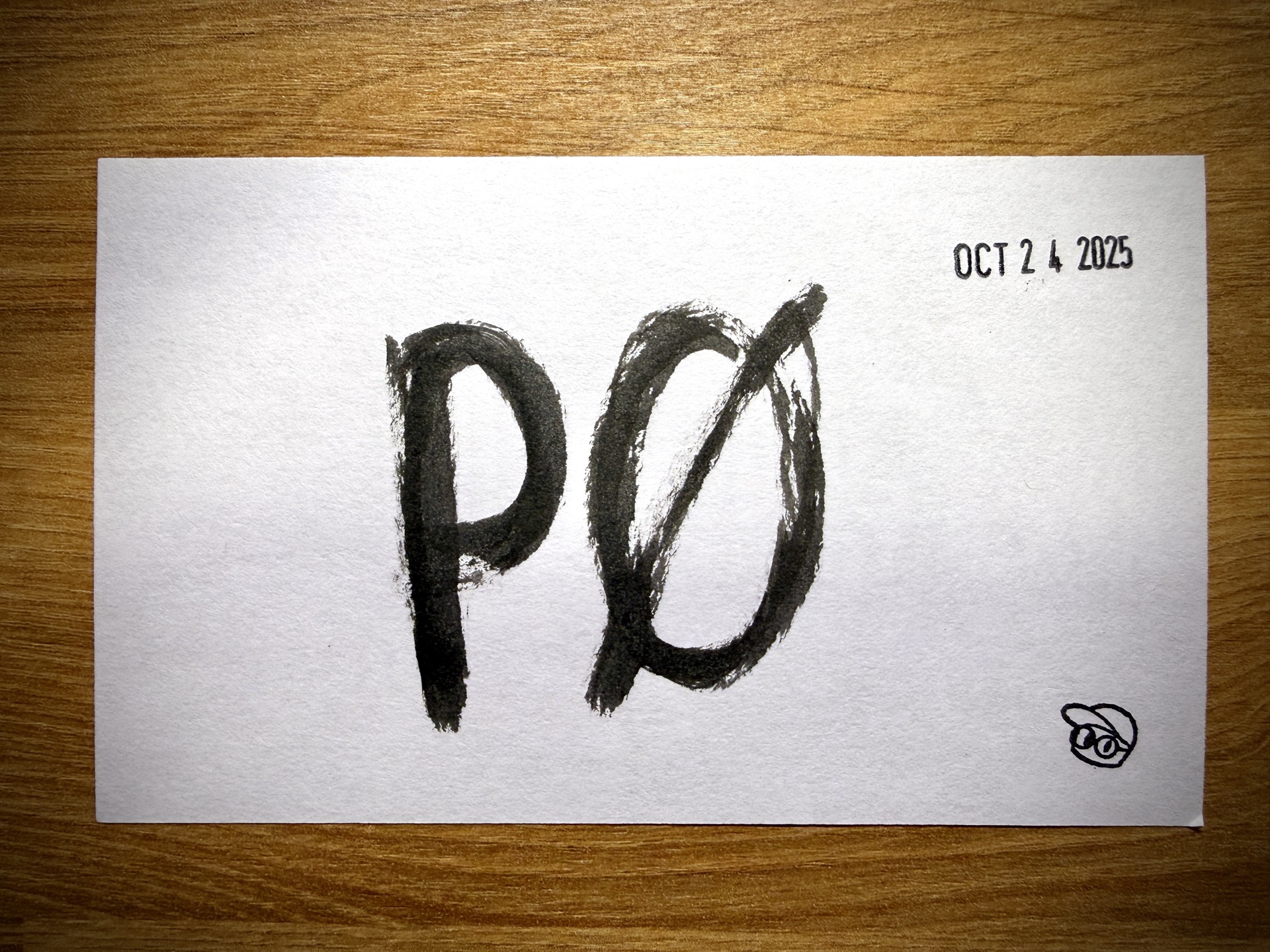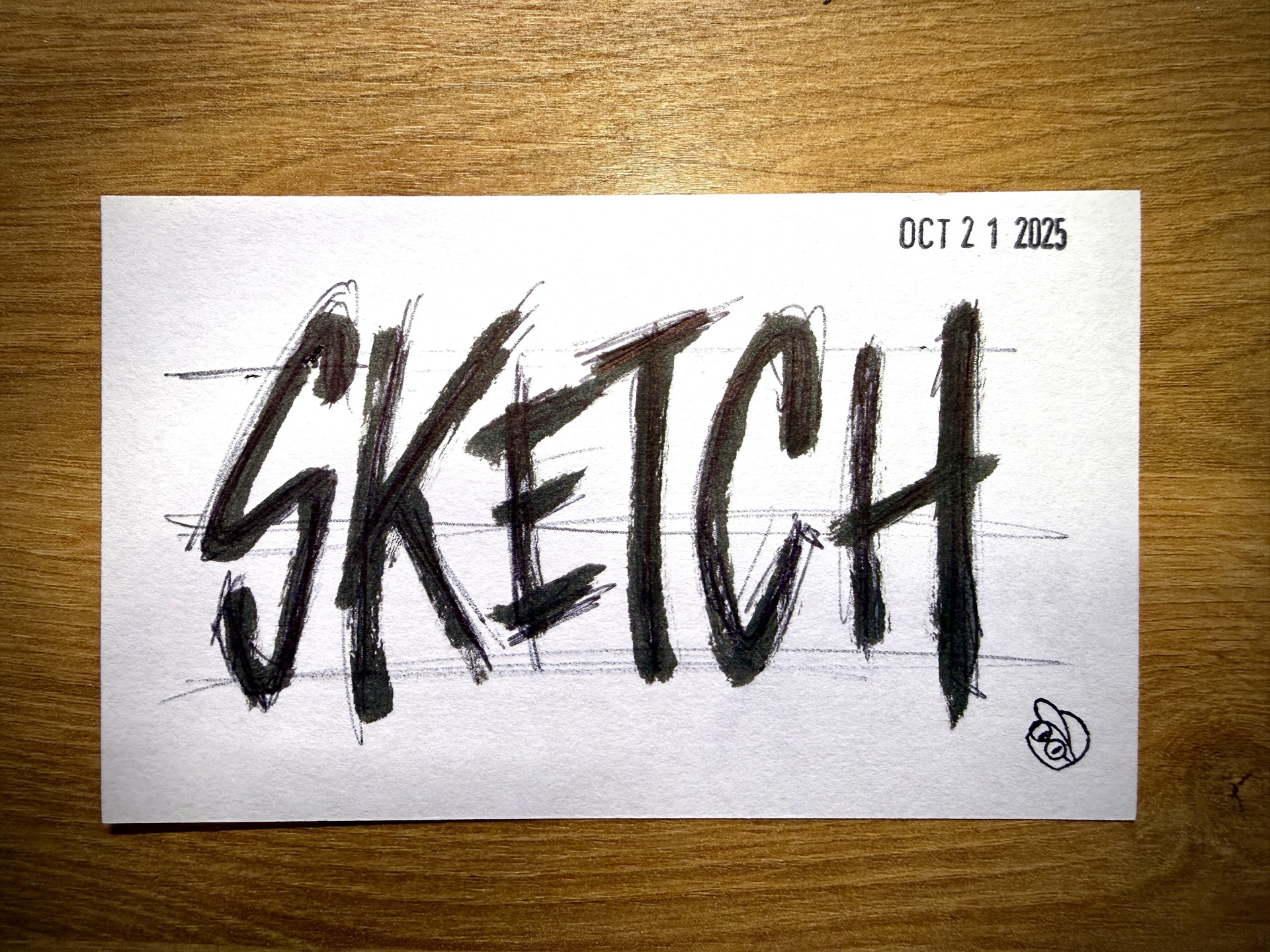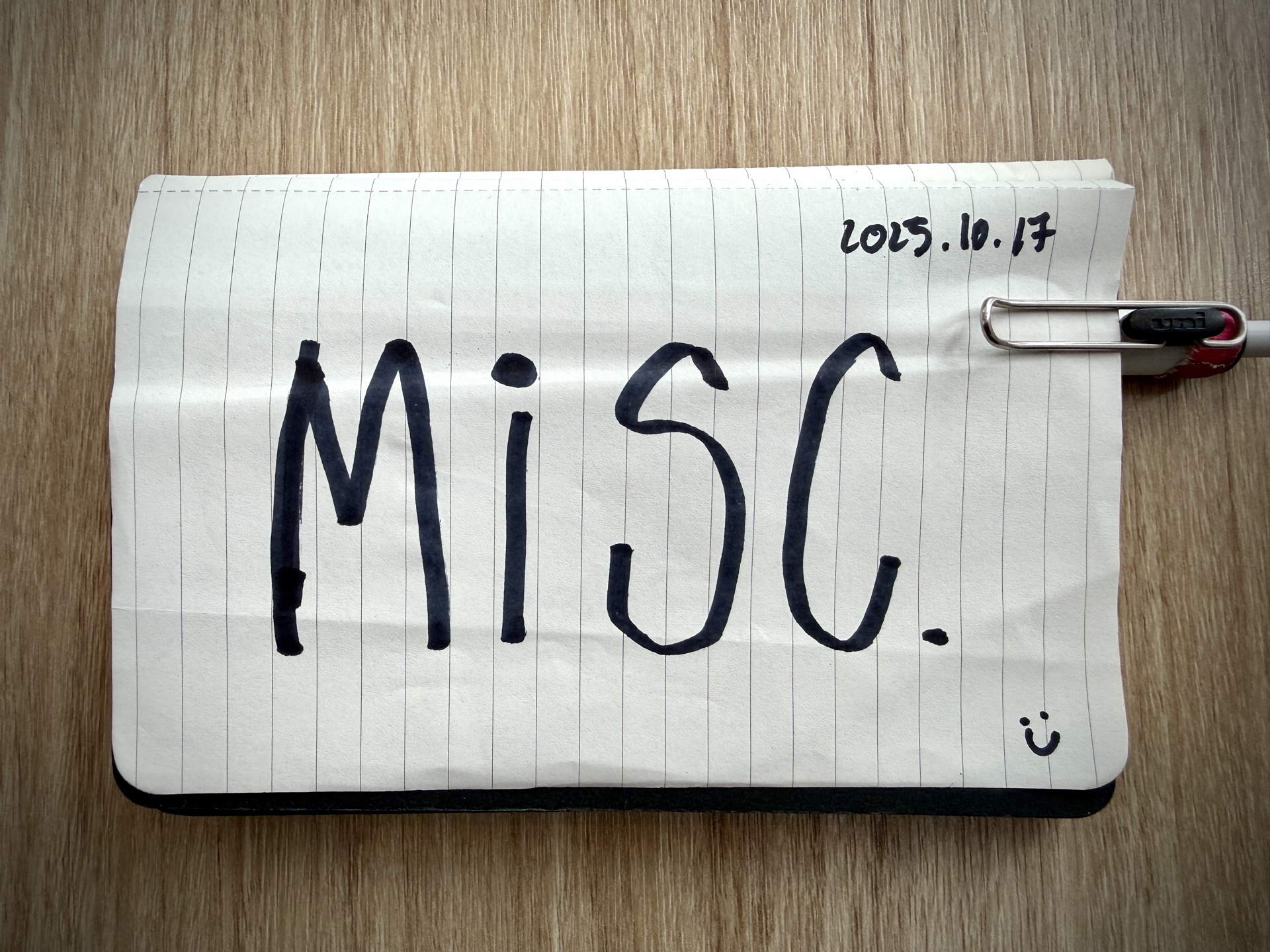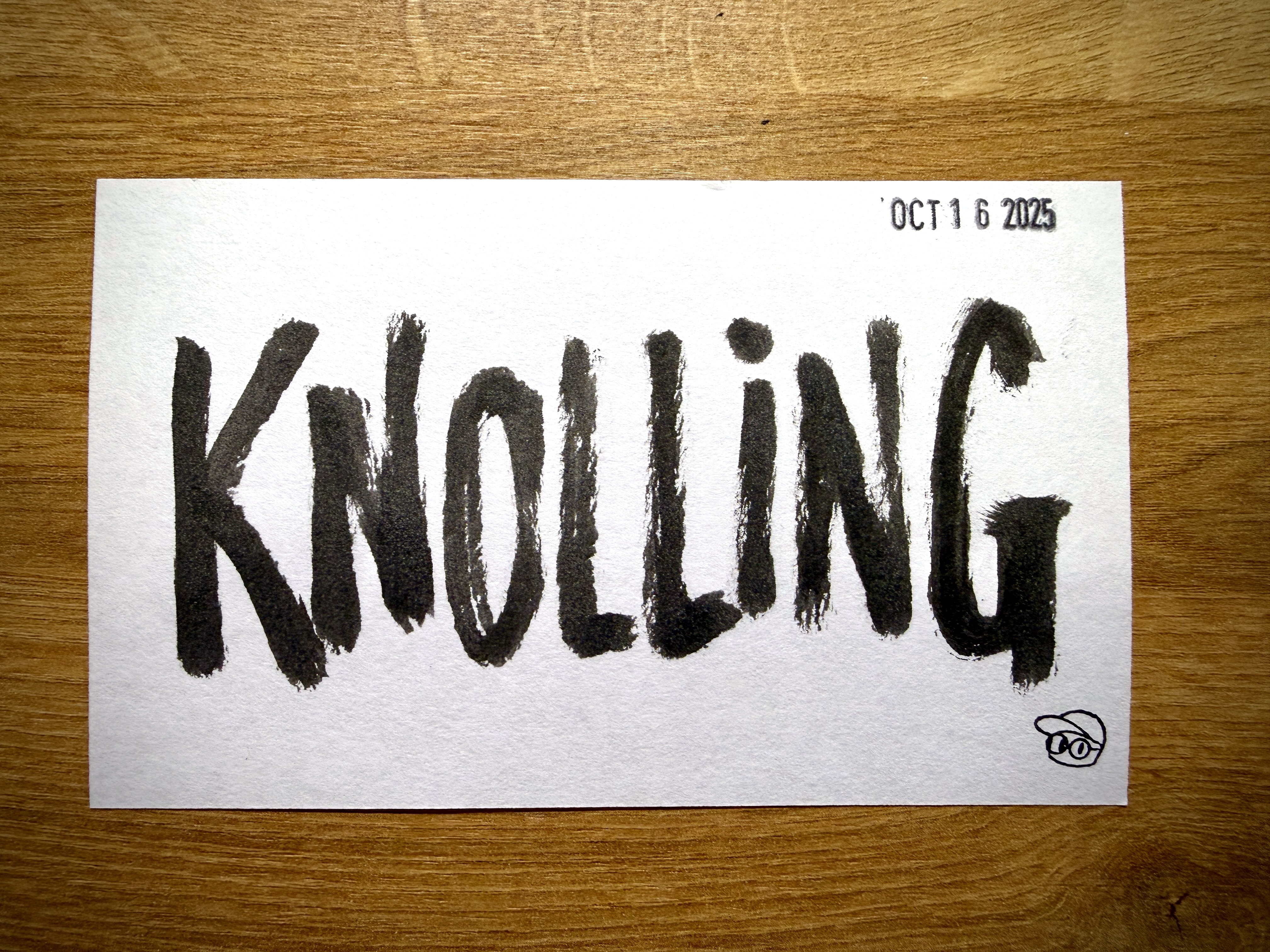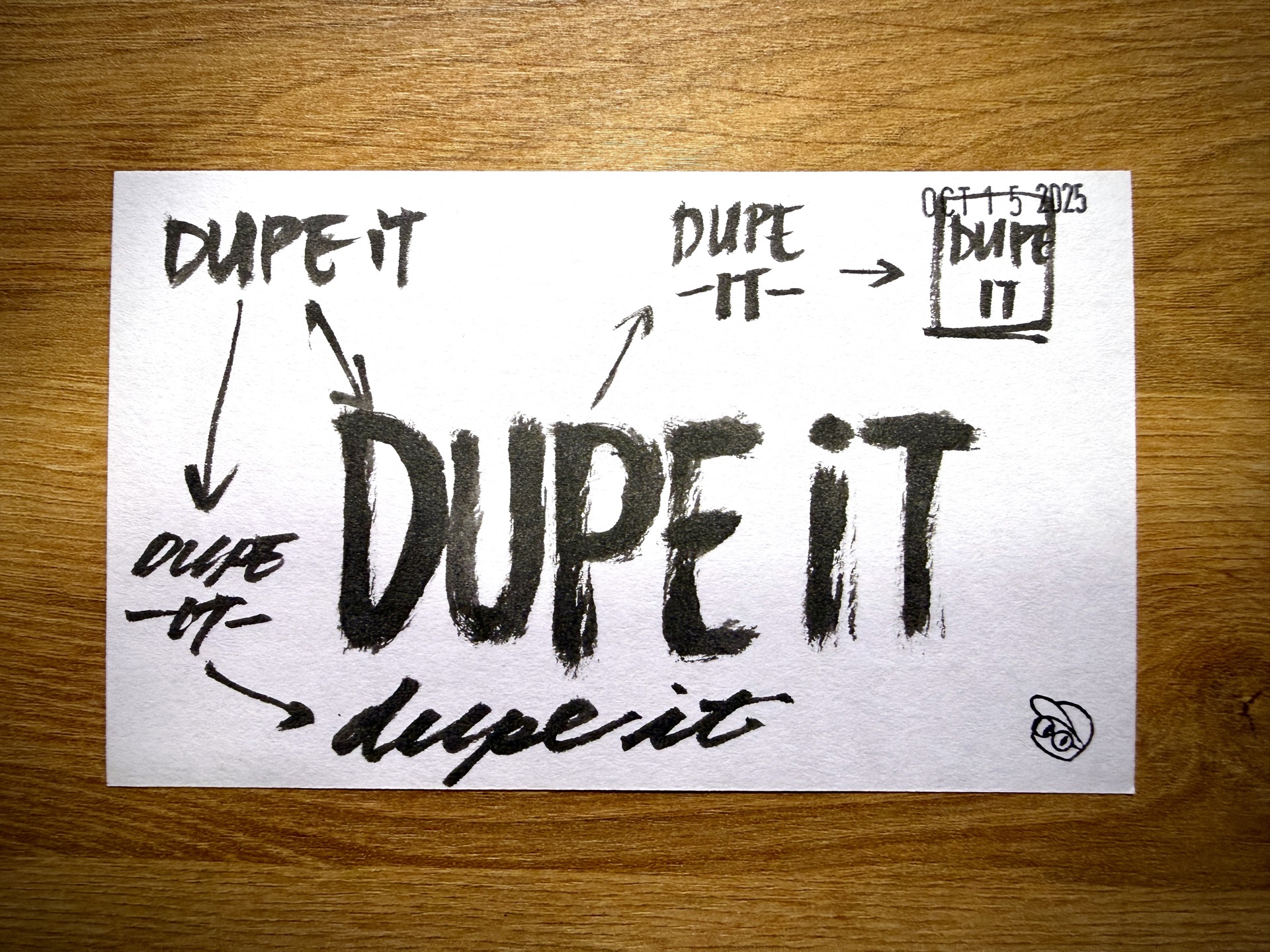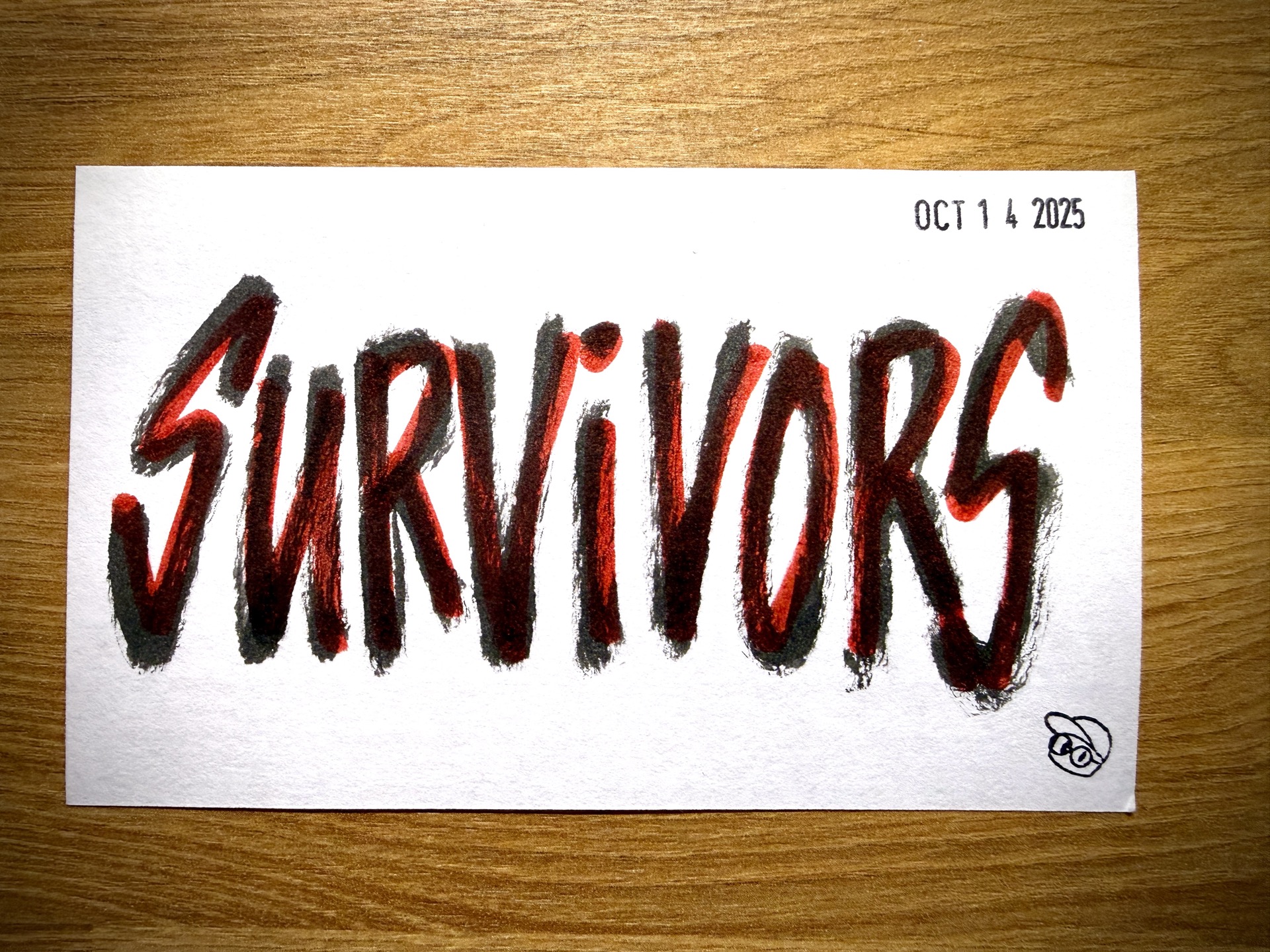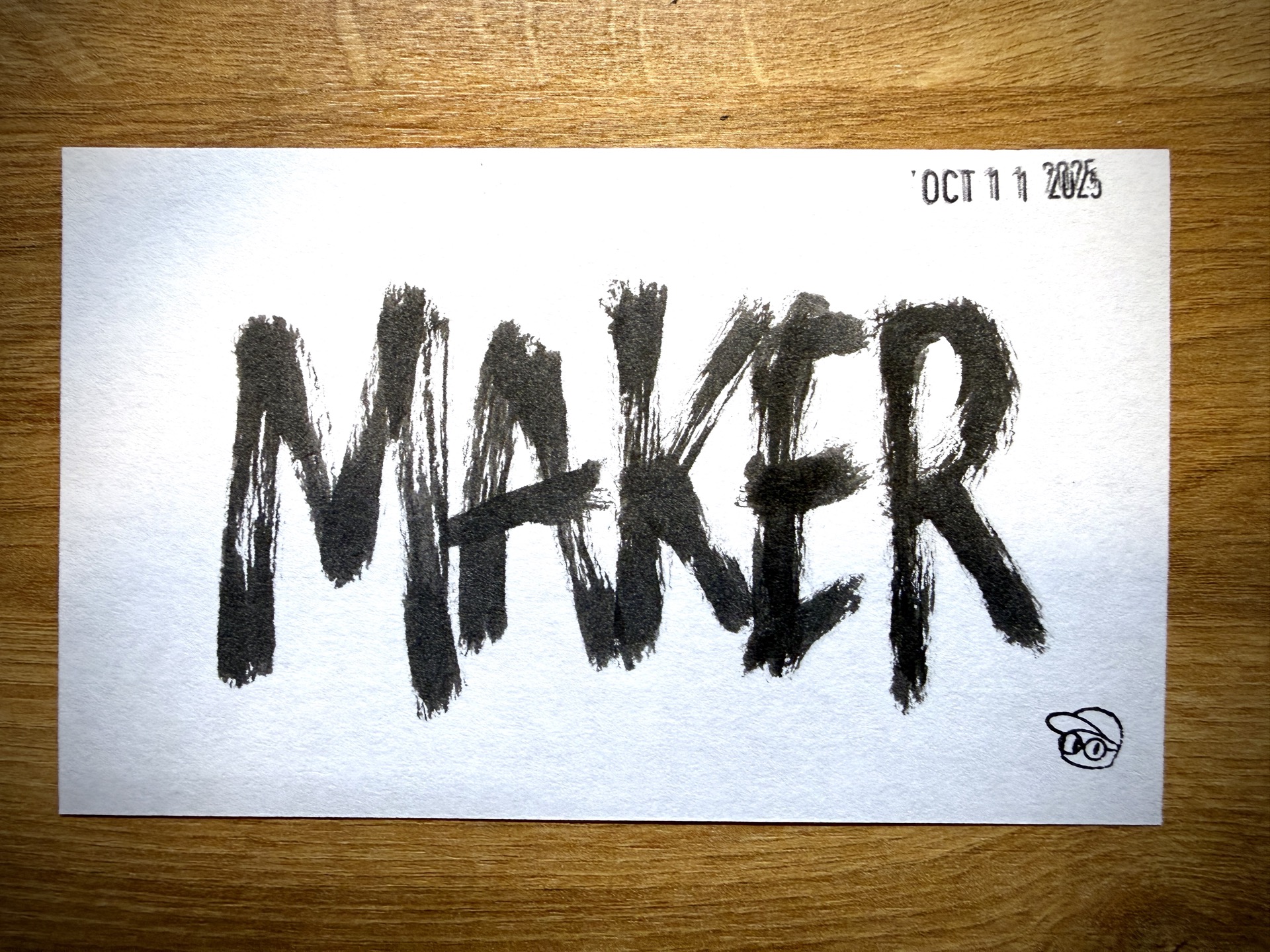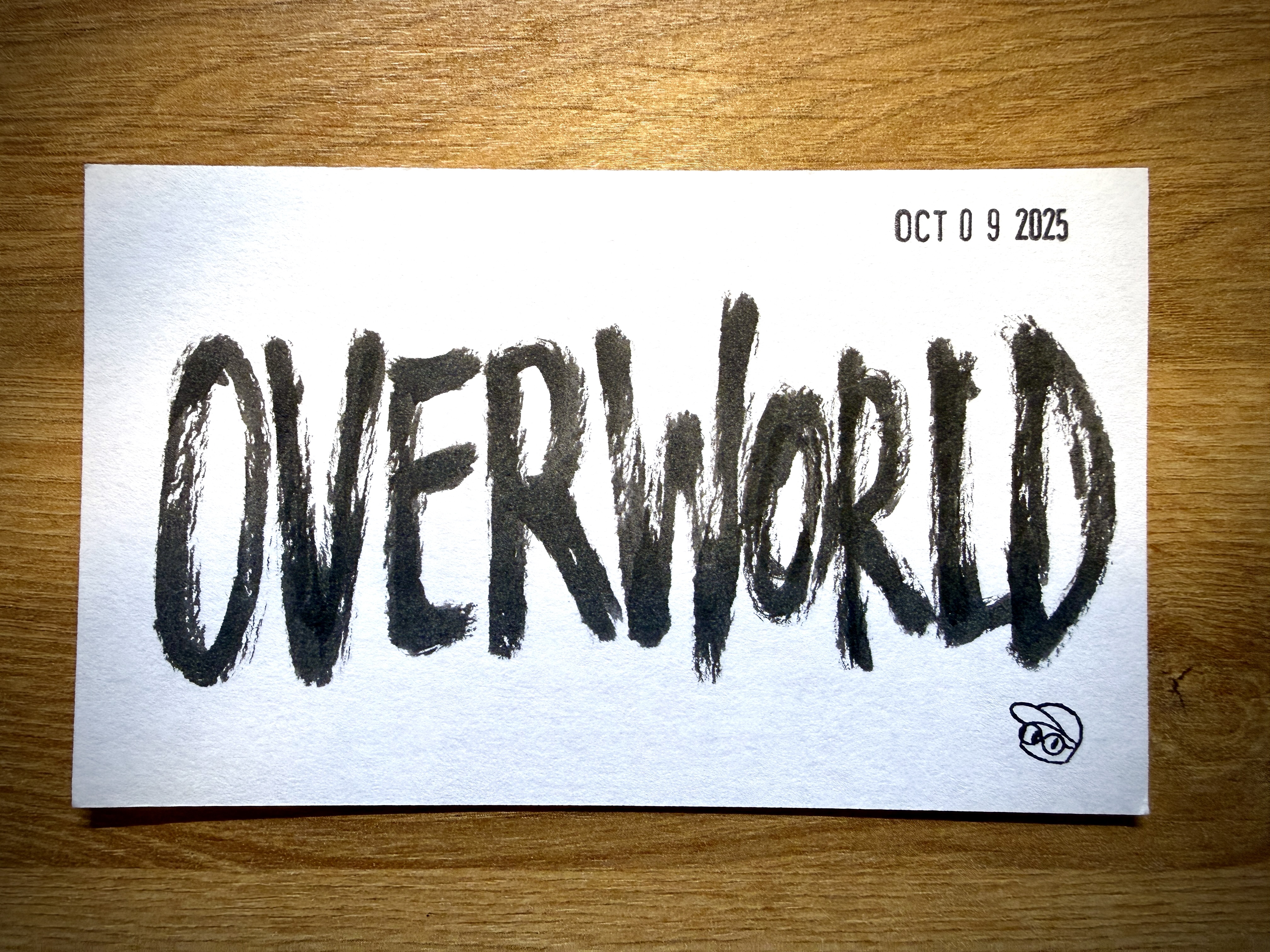Problem-solving
Breadcrumbs
Little crumbs of thought. Tiny sparks of curiosity. Leave them. Because someday, they’ll glow — guiding you back home, or forward into something new.
AoE
Every action has a radius. Some ripple quietly. Others detonate. Our decisions shape more than we expect—and we feel it most when the blast hits.
When
Behind every turning point is a moment that doesn’t always get noticed—when we stop waiting, stop circling, and quietly decide: this is it.
P0
Plans shift. Priorities bend. Another P0 shows up out of nowhere. The question isn’t what’s urgent—it’s whether you can lead when the map changes.
Gravity
It’s not what the thing does. It’s what it means. Value isn’t measured in specs — it’s measured in orbit.
Sketch
Sketching isn’t a phase of work — it’s a practice of motion. A way to make space for bad ideas so the good ones have somewhere to land.
Manualness
Automation makes things faster. But the manual moments — the ones that make you stop and choose — are what keep you present, aware, and in control.
Diving Boards
The hard part isn’t the splash. It’s the climb, the wait, the trembling pause before you jump. Courage shows up right there — in the hesitation.
Misc
Every system needs a shadow side. The messy drawer, the temp folder, the “misc.” That’s not failure — that’s how your order stays alive.
Knolling
Lay it out. Group what’s alike. Align the edges. Remove what doesn’t belong. Step back. Look again. Clarity from cleaning.
Dupe it
Dupe it and go. Not to be messy, but to move. To explore, iterate, and uncover the thing that sings — faster than polishing ever could.
Survivors
The best process doesn’t need applause. It quietly outlasts the rest. It flexes under pressure, adapts, and earns its right to stay.
Later
You’ll always have a Later — but the Now is yours to choose. Mark it. Move. The rest will meet you when it’s ready. Or when you are.
Maker
Momentum doesn’t come from planning. It comes from motion. Ten minutes. One scrap. A tiny step toward proof that it’s possible.
Overworld
The path isn’t always clear. But once you can see the world — even roughly — you can navigate it. Explore it. Refine it. Bring it to life.



